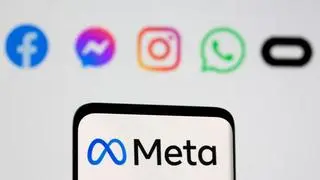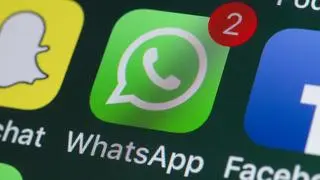It's been more than 10 hours since the hacking of the Twitter accounts of prominent personalities but the social media giant is still unable to figure out who the culprits are.
Chief Executive of Twitter, Jack Dorsey, said: , "Tough day for us at Twitter. We all feel terrible this happened. We’re diagnosing and will share everything we can when we have a more complete understanding of exactly what happened."
He said the company was working hard ‘to make this right'.
“We detected what we believe to be a coordinated social engineering attack by people who successfully targeted some of our employees with access to internal systems and tools,” the company said.
The prominent, verified Twitter accounts include those of Joe Biden, Elon Musk, Barack Obama, Bill Gates and Apple. The scam tweets reportedly included catchy messages such as “Feeling greatful, doubling all payments made to my Bitcoin address,” urging people to pay out $1000 and get $2000 back.
Twitter has closed down parts of its service as investigations are on and its own support account tweeted to say that the company is “continuing to limit the ability to Tweet”, calling for resetting of password, and limiting certain other account functionalities
According to Paul Ducklin, Principal Research Scientist at Sophos, a cybersecurity firm, three simple steps can protect one from such attacks:
1) If a message sounds too good to be true, it is too good to be true. If Musk, Gates, Apple, Biden or any well-known person or company wanted to hand out huge amounts of money on a whim, they wouldn’t demand that you hand them money first. That’s not a gift, it’s a trick, and it’s an obvious sign that the person’s account has been hacked. If in doubt, leave it out!
2) Cryptocurrency transactions don’t have the legal protections that you get with banks or payment card companies. There is no fraud reporting service or transaction cancellation in the world of cryptocurrency. Sending someone cryptocoins is like handing over banknotes to in an envelope — if they go to a crook, you will never see them again. If in doubt, don’t send it out!
3) Look out for any and all signs that a message might not be real. Crooks don’t have to make spelling mistakes or get important details wrong, but often they do, like the word “greatful” in the example above. So if the crooks do make a blunder, such as writing $50 when in your country the currency sign comes first, making a mess of their own phone number, or using clumsy or unnatural language, don’t let them get away with it. Treat it with doubt unless everything checks out!







Comments
Comments have to be in English, and in full sentences. They cannot be abusive or personal. Please abide by our community guidelines for posting your comments.
We have migrated to a new commenting platform. If you are already a registered user of TheHindu Businessline and logged in, you may continue to engage with our articles. If you do not have an account please register and login to post comments. Users can access their older comments by logging into their accounts on Vuukle.